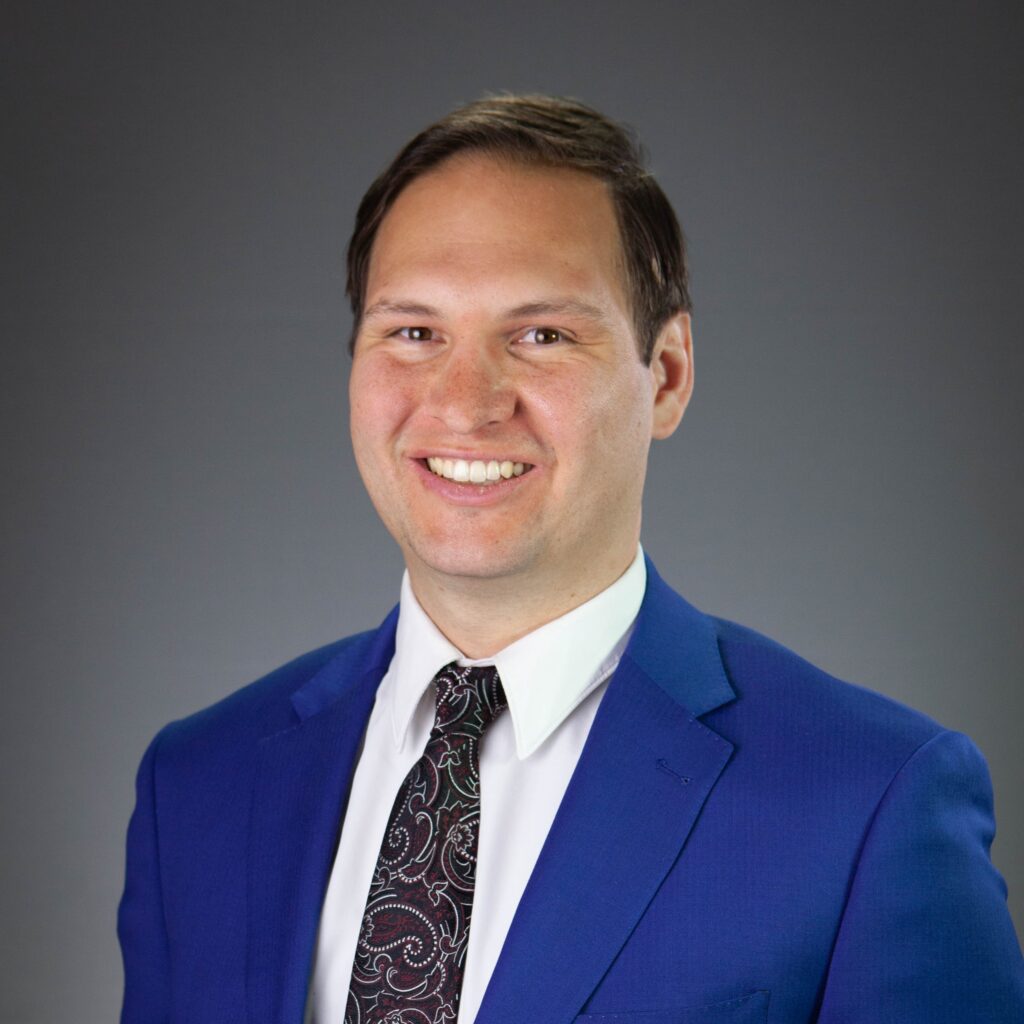
The following quote may be attributed to Alliance Defending Freedom Legal Counsel Mathew Hoffmann regarding a federal district court’s decision Monday to allow former graduate student Maggie DeJong’s lawsuit against officials at Southern Illinois University Edwardsville to proceed, rejecting in part university officials’ attempt to dismiss the case and evade responsibility for violating DeJong’s constitutional rights:
“Rather than accept and embrace diverse ideological perspectives, SIUE officials are determined to force their graduate students to think and speak exactly the same—or stay silent—and they will punish anyone who steps out of line. On behalf of Maggie, and every student who is equally protected under the First Amendment to respectfully share his or her religious or political views without government punishment, we’re pleased the court has allowed this case to proceed. It is a sad day for civil dialogue and freedom of speech when universities can issue gag orders like those issued against Maggie for nothing more than expressing her beliefs—beliefs held by millions of Americans.”
The U.S. District Court for the Southern District of Illinois wrote in its decision in DeJong v. Pembrook that, “DeJong clearly has the right, as enshrined in the First Amendment, to express her religious, political, and social views on her personal social media account and to engage in mutual conversations with fellow students regarding those opinions without fear of retaliation from school officials.”
While a graduate student in SIUE’s Art Therapy program, DeJong, like many other students, posted materials to her social media accounts, sent messages to fellow students, and engaged in class discussions on an array of topics, including religion, politics, critical race theory, COVID-19 regulations, and censorship. But because DeJong’s views—informed by her Christian faith and political stance—often differed from those of other students in the Art Therapy program, several of her fellow students reported her speech to university officials. In February 2022, those officials issued no-contact orders against DeJong, prohibiting her from having “any contact” or even “indirect communication” with three fellow graduate students who complained that her expression of religious and political viewpoints constituted “harassment” and “discrimination.”
Two weeks after receiving a letter from ADF attorneys informing the university that stifling DeJong’s speech based on her viewpoint is unconstitutional, officials finally disclosed to DeJong the materials underlying the no-contact orders and related investigation. That same day, the university closed its baseless investigation of DeJong, but not before violating her First Amendment rights and tarnishing her reputation because of her beliefs.
- Pronunciation guide: DeJong (DEE’-yung)
The ADF Center for Academic Freedom is dedicated to protecting First Amendment and related freedoms for students and faculty so that everyone can freely participate in the marketplace of ideas without fear of government censorship.
# # #

